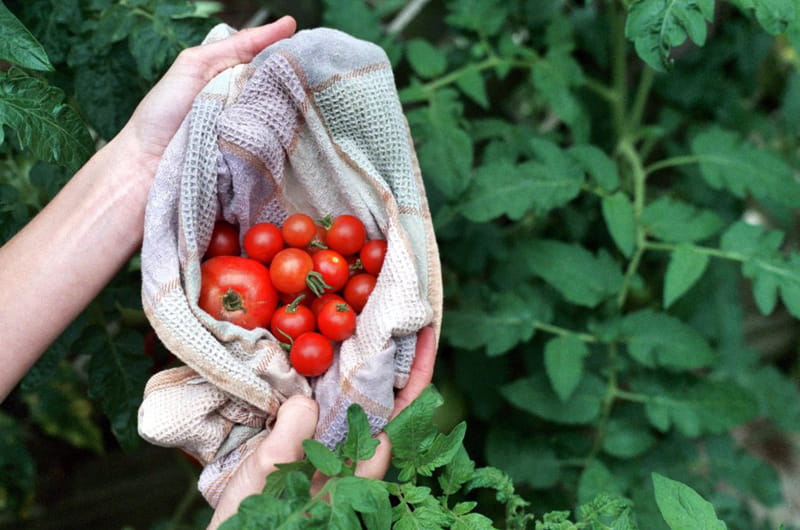Drexel Location for Farm Share Benefits Local Growers
 By Frank Otto
By Frank Otto

The corner of 33rd and Market streets isn’t exactly where you’d expect to find farm-fresh kale and rutabagas in Philadelphia.
Most Drexel students might have to hop a train to Market East for Reading Terminal Market or take two different subway trains to reach the Italian Market for fresh fruits and vegetables.
But in the lobby of the Drexel Recreation Center, twice a month, Brittany Lavin is at a table with boxes of products straight out of the soil or off the tree.
Lavin, an administrative coordinator in the Drexel Student Centers, is the host for the Drexel site of the Delaware Valley Farm Share. The farm share was arranged through the Student Centers.
“It’s all locally grown fruits and vegetable from all over the Delaware Valley and it all comes together through Common Market, which runs the farm share,” Lavin said.
Common Market is a local-food distributor designed to strengthen farms in a region.
“They put all the farms’ produce together, divide it up, and send it to all of the locations,” Lavin said. “There are drop-offs all over Philly.”
That includes the point Lavin mans for the Drexel community at the Recreaction Center.
A basic share is $324 for the 12-week program. The summer session runs from June through November, essentially the traditional growing season for this area, and sign-up is required by May 1.
The convenience of a local pick-up point attracted Natalie Shaak, associate director of Drexel Student Affairs.
“Not having a car, I’m unable to drive to Fishtown or other locations where the public pickups were hosted for other community supported agriculture programs. Others also required you to pay all at once and the amount was too much for me to afford,” she said. “So, when I saw a pick-up location would be on campus and I could have it charged monthly, it seemed like a much better fit.”
“Basic share includes fruits and vegetables, usually about eight different things every two weeks,” Lavin said. “It’s different stuff every time. And it’s a dozen cage-free eggs in every delivery.”
Some extra “shares” are available for an additional fee, which includes things like bread, artisan cheese, yogurt and fair trade coffee.
Shaak goes for the basic share plus the one with cheese. She said the program doesn’t just provide variety, but it gives her an opportunity to explore new items.
“One of the coolest things about the program is that, each delivery, you get different items,” she said. “Some, like kale and brussel sprouts, are a few of my favorite vegetables that I would buy anyway. But I have also received new ingredients I have either never seen at a grocery store or never heard before.”
Her favorites in that category included pea shoots and romanesco broccoli.
Most shipments come with apples and kale, “the staples,” Lavin said, but they can also include something like basil plants and maple syrup. Those came with the last shipment of the winter share period, which runs from January until April.
Lavin said the share is a great way to support local farmers and is a good companion to the Chestnut Square Farmer’s Market at Drexel. The farmer’s market is actually opening earlier than usual this year (the seventh it’s been in existence), with locally grown products available between 3 and 7 p.m. on Tuesdays.
In the end, programs like the farmer’s market and the farm share help promote further sustainability and local economic support at Drexel.
“I think the program is great because it reduces the packaging waste from a sustainability standpoint and the carbon footprint since products don’t need to be delivered across the country,” Shaak said. “But, more so, I love being able to support the local economy and keep small farmers in business.”
In This Article
Drexel News is produced by
University Marketing and Communications.
